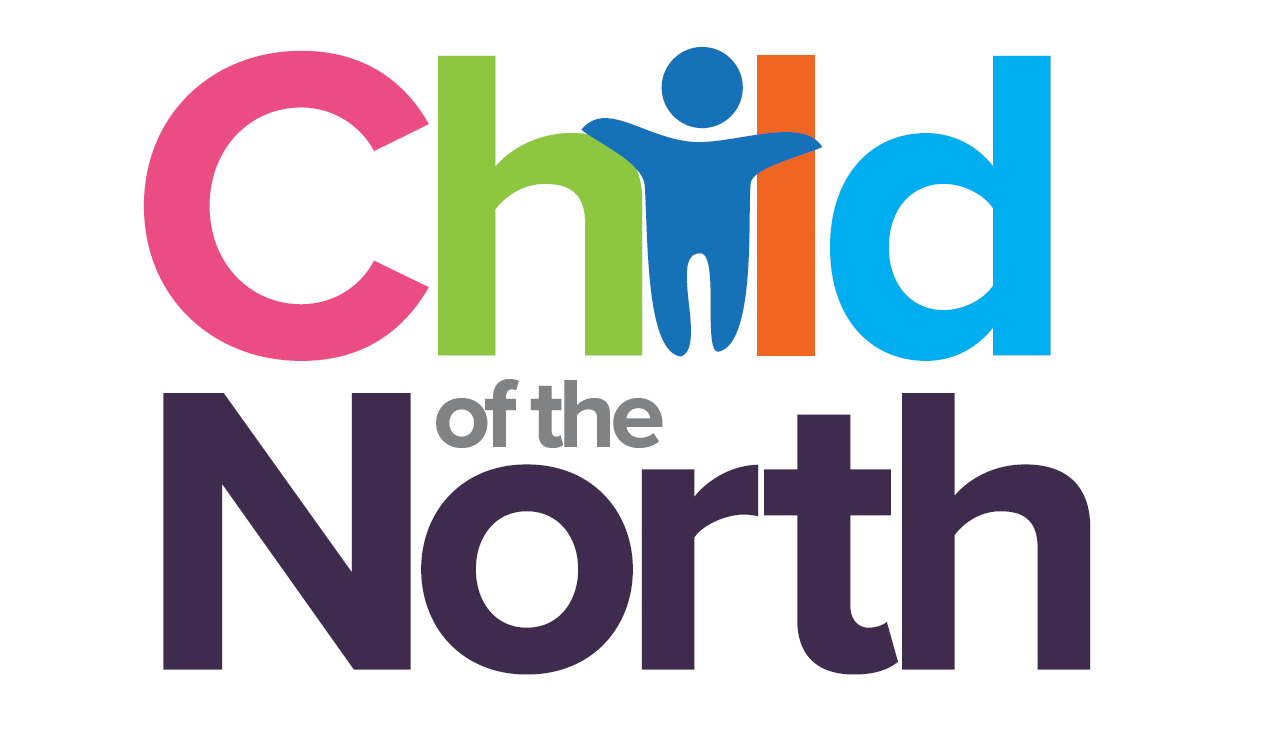
A report published today by the Child of the North initiative – led by the N8 Research Partnership and Health Equity North – and former Children’s Commissioner Anne Longfield’s new Centre for Young Lives think tank is calling on the Government to put the country’s education infrastructure at the forefront of a national plan to tackle poverty.
The report – An evidence-based plan for addressing poverty with and through schools – is the second in a year-long series of Child of the North/Centre for Young Lives reports to be published throughout 2024. The reports seek to encourage the Government and Opposition to reset their vision for children and show how putting the interests and life chances of young people at the heart of policy making and delivery is crucial to Britain’s future success.
This latest report argues that schools and nurseries are anchors in the most deprived communities and they should play a leading role in those areas with the worst child poverty. It calls for:
- A new Government plan to support schools to reduce the impact of poverty as a first step of a national plan to reduce child poverty
- A targeted programme of funding to support schools in areas with the highest child poverty to co-ordinate services and provide support to reduce the impact of poverty on children
- The targeted extension of Universal Free School Meals in schools with high levels of child poverty
- A Child Poverty Unit in No. 10 and a Government Poverty Tsar to drive improvements in education for disadvantaged children
- A national Scientific Advisory Group for Children to ensure evidence, evaluation, and data-sharing lie at the heart of the programme
With over four million children in the UK living in poverty – one million of them in the North of England – the report highlights the negative impact that poverty is having on many children’s education, health, and future employment, including:
- Children who experience persistent disadvantage leave school on average 22 months behind their peers and are far less likely to pass Maths and English at GCSE
- Children born into families with the lowest incomes in the UK are almost 13 times more likely to experience poor health and educational outcomes by the age of 17
- Only 4 in 10 of the most disadvantaged pupils will reach the expected attainment at the end of their time at school
- School leaders say they are spending more time on dealing with the impact of poverty in schools, including teachers providing food to hungry pupils
The report also highlights the link between child poverty and the current school attendance crisis, suggesting that children growing up in poverty are at increased risk of being persistently absent from school.
Read the full report – An evidence-based plan for addressing poverty with and through schools
Find out more about the A country that works for all children and young people series
Anne Longfield, Executive Chair of the Centre for Young Lives, said:
“Intervening within the school gates to target the most vulnerable children to make sure they are provided with the support they need with pastoral support, family workers, educational psychologists, youth workers, breakfast and after school clubs, enrichment activities and holiday play schemes, can make such a difference to breaking down barriers and inequalities.
“Child poverty has become the elephant in the room in Westminster. Both parties have an opportunity at the forthcoming election to look at measures to tackle the root causes that are holding so many children back in their education. Free school meals should be a long-term ambition for all schools, but we should start by targeting individual schools in local areas with the most disadvantaged children and young people.
“The evidence is clear that investment in the UK’s education system is being squandered because the effects of poverty are not being addressed as an integral part of educational provision. Schools should no longer have to use sticking plaster solutions to tackle poverty.”
Professor Mark Mon-Williams, Child of the North report series editor, said:
“Education is the most powerful tool available to a nation that wishes to invest in its future. Poverty is eroding the life chances of millions of children in the UK and fueling inequity and economic stagnation. There is hope for the UK’s future, but it requires immediate investment in the eradication of child poverty and the removal of poverty related barriers to education. The weight of scientific evidence shows we must act and work with and through educational establishments to give every child the best possible start in life.”
Dr Charmele Ayadurai, Assistant Professor of Finance at Durham University and report Lead Author, said:
“Despite the UK being one of the wealthiest economies in the world, with favourable economic conditions and rising wealth associated with the years between 2012 and 2021, this has worryingly not been translated into reductions in child poverty.
“In March 1999, Prime Minister Tony Blair made a bold pledge to end child poverty in the next twenty years. Twenty five years on, we are still struggling to reduce child poverty. The task could not be more pressing. 4.2 million children in the UK today are growing up in poverty. One million children are living in extreme poverty.
“The report makes it clear that we need to start prioritising children by promoting an equal life chance from all aspects. It is not enough to raise children’s aspirations through education alone without poverty proofing schools, narrowing the gaps in attainment, or by allowing children to sleep in a cold bedroom or study on an empty stomach. Our children are the hope for the future, let there be light.”
***